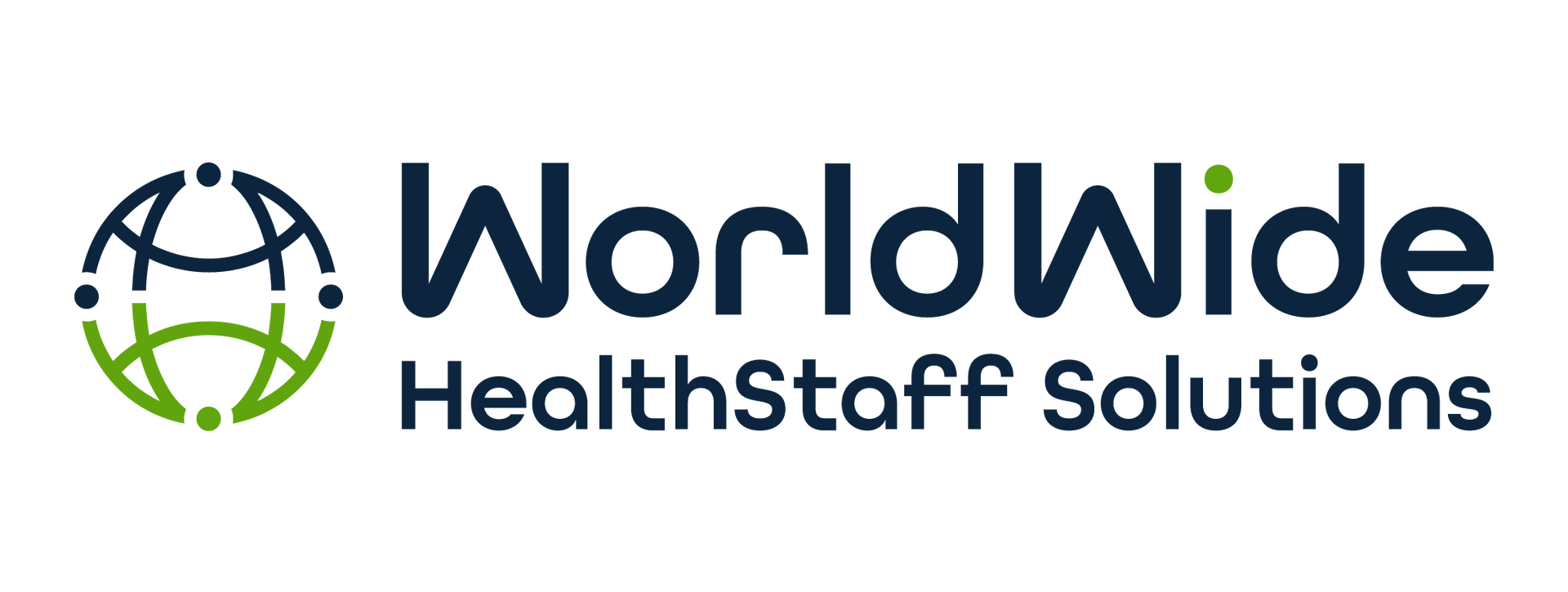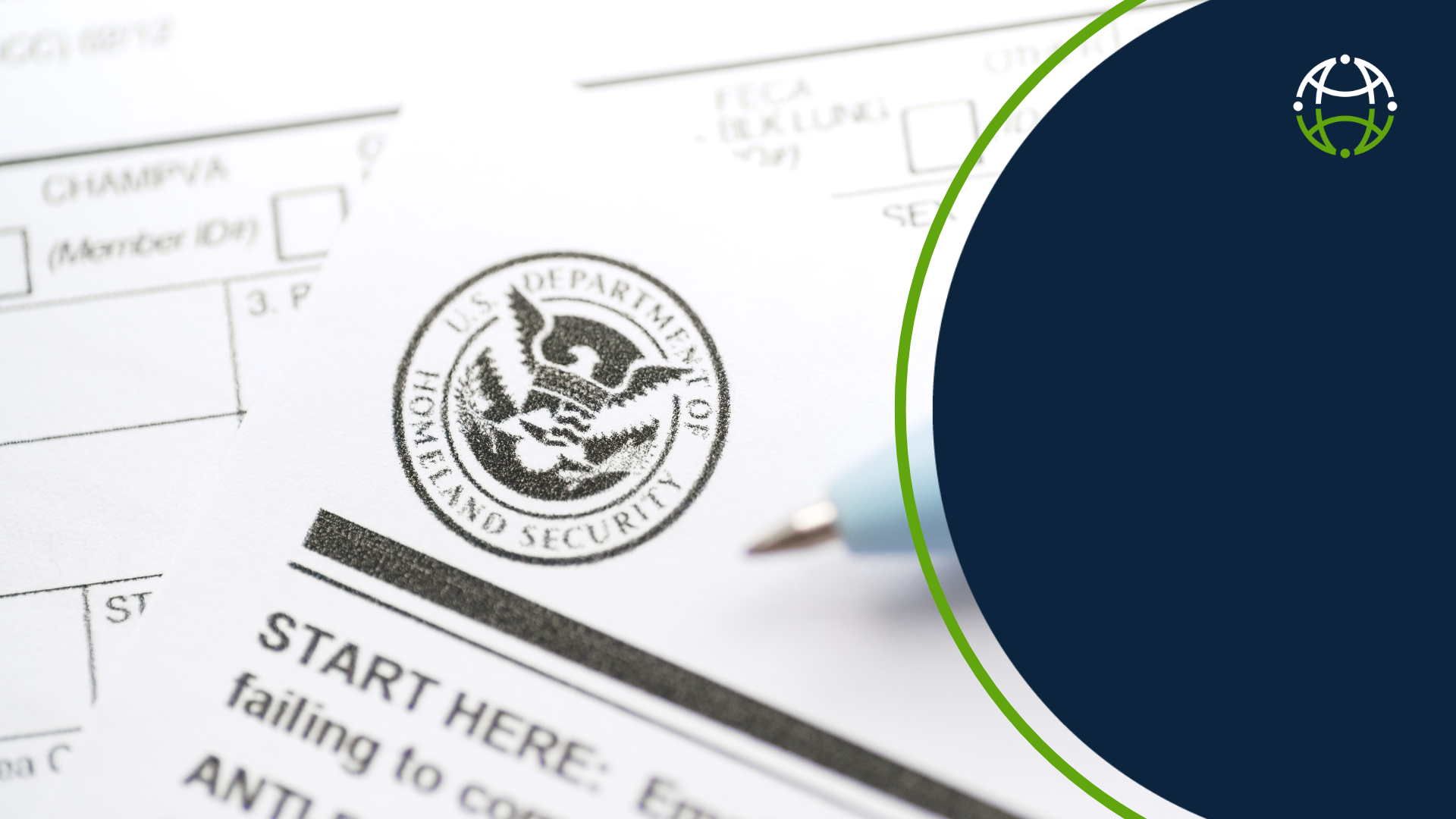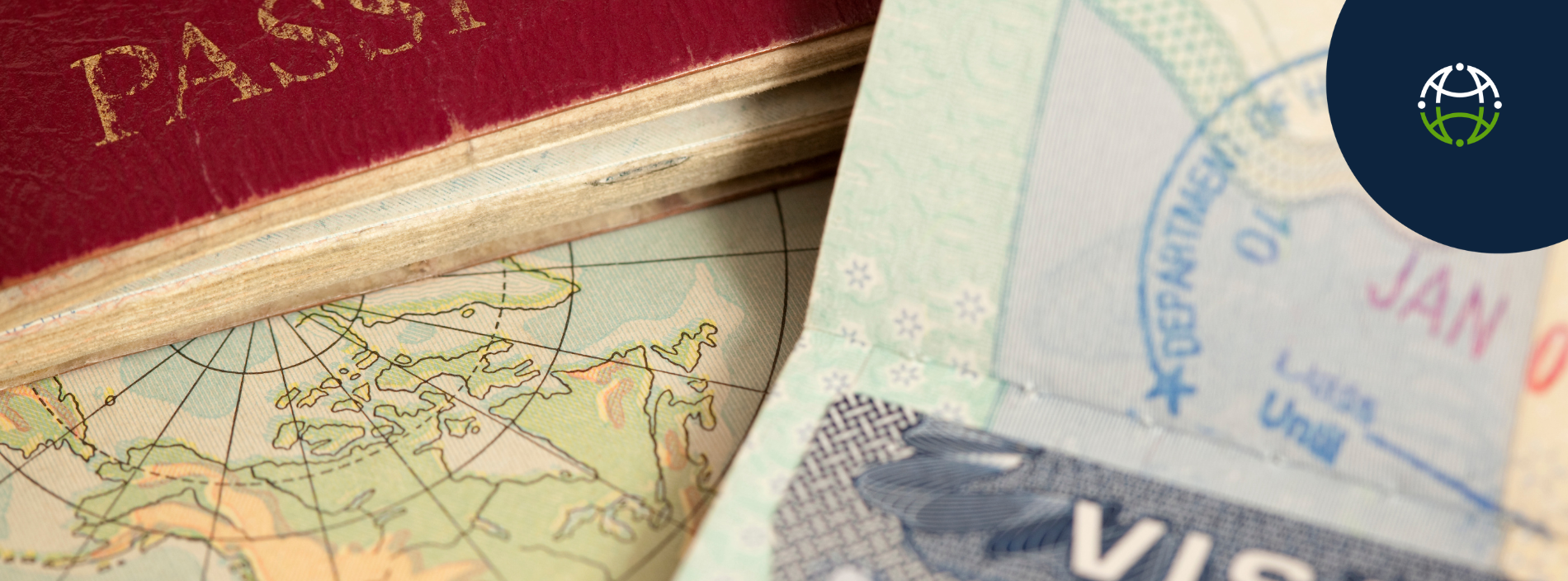Kristin Dahl • September 22, 2025
H-1B Proclamation: Key Updates and FAQs
Navigating the H-1B Proclamation: Guidance for Employers
Latest Update – Jan. 6
U.S. Chamber HIB Lawsuit heard, one of three(3) lawsuits filed against the HIB $100K Fee.
The U.S. Chamber of Commerce sued to block a Trump Administration rule imposing a $100,000 fee on initial H‑1B visa petitions. They argue the fee violates the Immigration and Nationality Act, exceeds presidential authority, and harms businesses by making H-1B hiring cost-prohibitive. A motions hearing was held on December 19, 2025.
Court Ruling: On December 23, 2025, a federal judge upheld the fee, ruling that it falls under presidential immigration authority.
Next Steps: US Appeals Court fast-tracks appeal to be heard in February.
The Chamber appealed; the U.S. Appeals Court fast-tracked the case for February 2026 to resolve the issue before the March H‑1B filing season.
Update – Oct. 20
On Oct. 20, U.S. Citizenship and Immigration Services (USCIS) issued new guidance providing clarification on President Trump’s recent H-1B Proclamation. The updated guidance outlines who must pay the new $100,000 H-1B employer fee, how payments should be made, and how employers can request an exception under specific circumstances.
You can view the official guidance here: USCIS – H-1B Specialty Occupations.
Key Updates from USCIS
Who Must Pay the $100,000 Fee
The $100,000 fee applies to new H-1B petitions filed on or after 12:01 a.m. EDT, Sept. 21, 2025, for beneficiaries who:
- Are outside the U.S. and do not hold a valid H-1B visa;
- Are inside the U.S., but the petition requests consular notification, port of entry notification, or pre-flight inspection [as opposed to a request for a change of status, extension or amendment within the U.S.]; or
- Are inside the U.S. and the petition requests a change of status within the U.S. but was approved by USCIS with a determination that the alien is ineligible for a change of status or an amendment or extension of stay.
Who Is Exempt
The $100,000 fee does not apply to:
- Any currently valid H-1B visa holders;
- Petitions submitted before 12:01 a.m. EDT on Sept. 21, 2025;
- Petitions filed on or after Sept. 21, 2025, requesting an amendment, change of status, or extension of stay for someone already inside the U.S. (and approved accordingly by USCIS);
- Beneficiaries who later depart and re-enter the U.S. based on a valid, approved H-1B petition.
Travel Guidance
- The proclamation does not restrict travel for current H-1B visa holders or approved beneficiaries. However, candidates from countries under current travel bans or visa restrictions should exercise caution when leaving the U.S. and are strongly advised not to travel without first consulting an immigration expert.
How to Pay the $100,000 Fee:
For petitions subject to the fee:
- Payment must be submitted through Pay.gov.
- Payment must be made before filing the petition with USCIS.
- At the time of filing, petitioners must provide:
- Proof of payment scheduled through Pay.gov, or
- Evidence of an approved exception from the Secretary of Homeland Security.
Petitions filed without either proof of payment or evidence of an exception will be denied.
How to Apply for an Exception
Employers who believe their petition qualifies for an exemption may send a written request and all supporting documentation to H1BExceptions@hq.dhs.gov.
Exceptions will be granted only in extraordinarily rare cases, when the Secretary of Homeland Security determines that:
- The beneficiary’s presence in the U.S. is in the national interest;
- No U.S. worker is available to fill the role;
- The worker poses no threat to U.S. security or welfare; and
- Requiring the payment would significantly undermine U.S. interests.
Background: The H-1B Proclamation
On Sept. 19, President Trump issued a H-1B Proclamation that makes major changes to the H-1B visa program. The H-1B program is a pathway many employers, including healthcare organizations, use to hire skilled international professionals such as nurses, nurse aides, and laboratory technologists.
At WorldWide HealthStaff Solutions (WWHS), we are here to help you understand these changes and plan confidently for what comes next.
What We Know
- New Fee for Employers: Starting Sept. 21, 2025, companies must pay a one-time $100,000 fee for certain new H-1B petitions. The fee does not apply to extensions or amendments filed for workers already in the U.S.
- Current H-1B Holders Are Safe: People who already have approved H-1B visas before Sept. 21 are not affected. They can keep working and traveling, though they should travel only if truly needed.
- Applies to All H-1B Applications: Both “cap” (lottery-based) and “cap-exempt” H-1Bs could be impacted. The government may clarify details later, but for now the order is written to cover all.
- Healthcare Workers: Healthcare employers may seek exceptions where hiring the worker serves the national interest.
- Temporary but Could Be Extended: The order is set to last for 12 months unless extended. Lawsuits may challenge it, but for now the rule is active.
FAQs
Q: What exactly has changed with the H-1B visa program?
A: The proclamation introduced a $100,000 application fee for new H-1B petitions filed after Sept. 21, 2025. The Oct. 20 USCIS guidance clarifies who is subject to the fee, how to pay, and how to apply for exceptions.
Q: Does this apply to all H-1B visas?
A: No. The updated USCIS guidance specifies that only new petitions are subject to the fee. Most extensions, amendments, and change-of-status petitions are exempt.
Q: Are there any exemptions to the $100,000 fee?
A: Yes. Exemptions include petitions filed before Sept. 21, 2025, valid H-1B visa holders, and certain U.S.-based petitions. Employers may also apply for an exception if they can demonstrate national interest and other qualifying factors.
Q: Are healthcare workers exempt?
A: Healthcare workers may qualify for an exception under national interest grounds, but no automatic exemption has been issued.
Q: Does this affect other visa types (e.g., TN, EB-3, Green Card)?
A: No. The proclamation applies only to H-1B visas.
Q: Who pays the $100,000 fee?
A: The employer is responsible for the payment. It cannot be passed to the employee.
Q: How long will this rule apply?
A: For 12 months (until Sept. 21, 2026), unless extended.
Q: What if litigation blocks the fee?
A: Legal challenges have been initiated against the proclamation over the past few weeks. If an injunction blocking the enforcement is issued, WWHS will provide updates immediately.
Q: Does this fee apply to extensions or renewals?
A: No. Extensions, amendments, and approved change-of-status petitions within the U.S. are not affected.
Next Steps
At WWHS, our mission is to help healthcare organizations build strong, permanent teams — even during times of policy change. We will continue to provide updates as the situation evolves. If you have specific questions about how this Executive Order may impact your organization, please contact us here: https://client.healthstaff.org/contact-us
This page will be updated regularly as more details are released and clarified.










